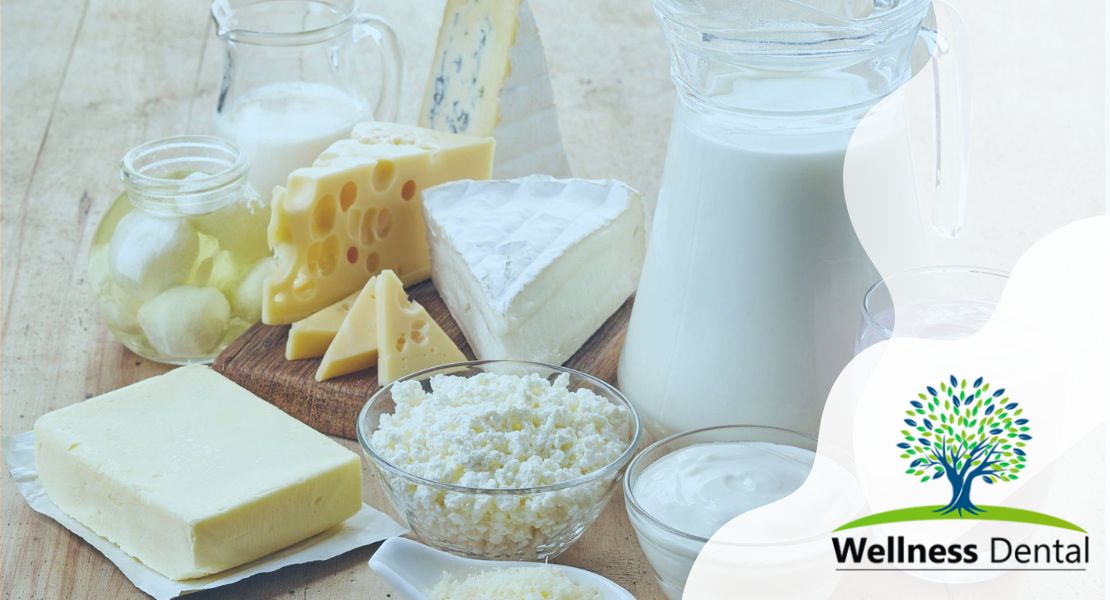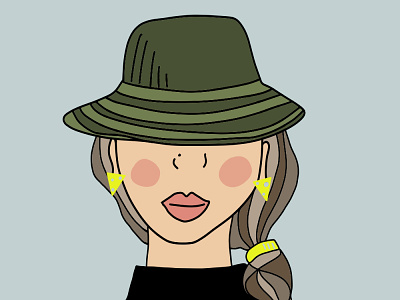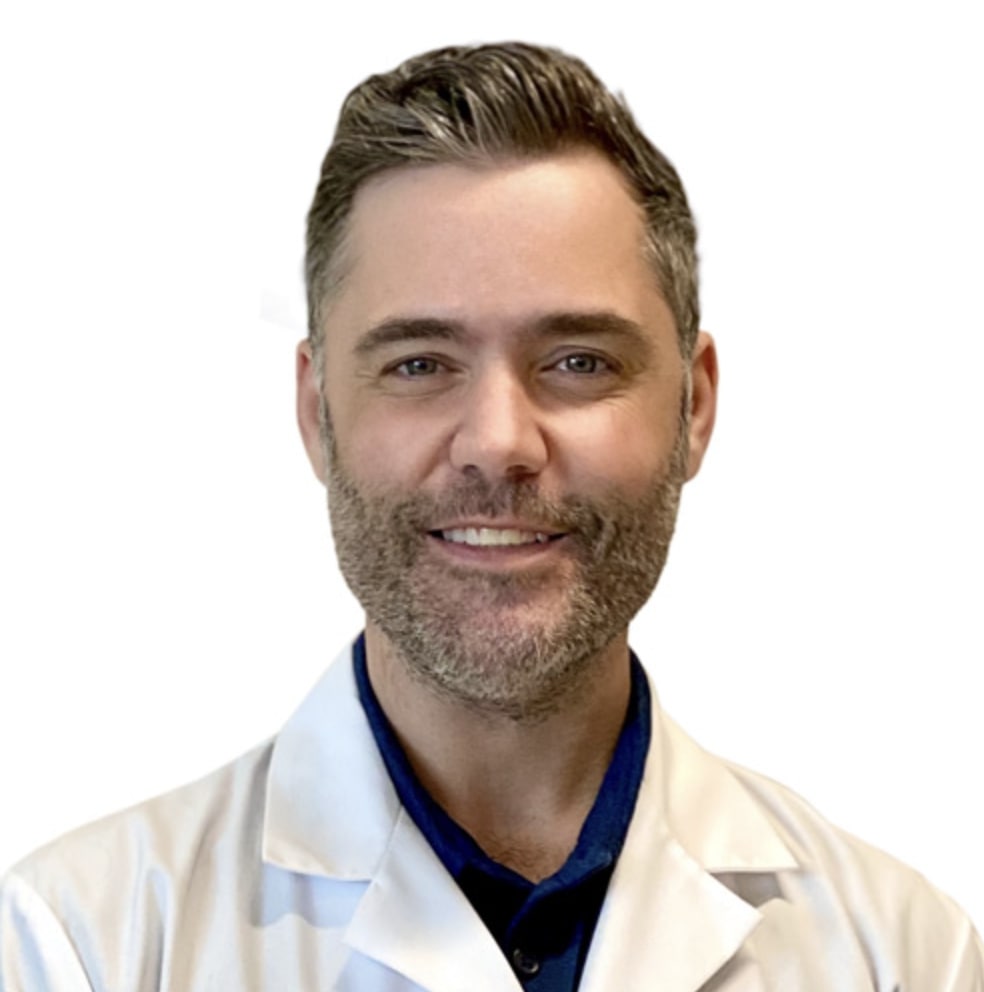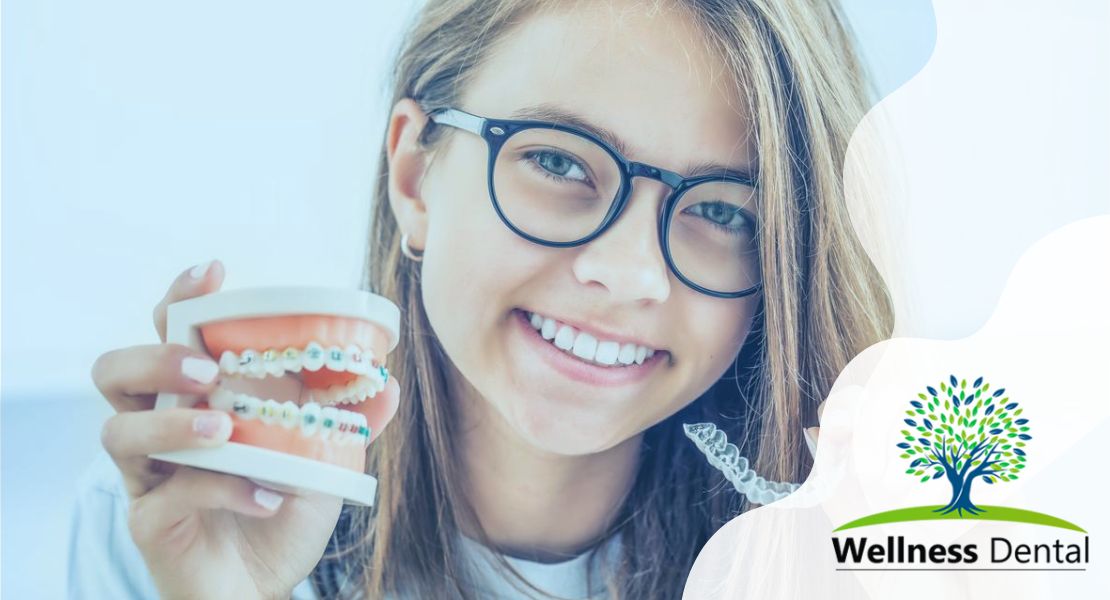After undergoing dental implant surgery, it is important to follow specific food restrictions to promote proper healing and reduce the risk of complications. One food group that should be avoided during the recovery period is dairy products.
Dairy products, such as milk, cheese, and yogurt, can have an inflammatory response on oral tissues. This inflammation can interfere with the healing process and prolong the recovery period. Additionally, dairy products tend to be sticky and can cause damage to the surgical site, potentially leading to complications like infection or dislodging of the implant.
By avoiding dairy products, patients can help minimize irritation, inflammation, and the risk of infection around the implant site. This allows the body to heal more efficiently. Soft foods, rich in essential nutrients and protein, can be substituted for dairy items to ensure a healthy diet during recovery.
While dairy products are typically good sources of protein and calcium, there are plenty of alternative food items that can fulfill these nutritional needs without interfering with the healing of dental implants. Soft fruits, protein powders, and ground meats like beef can provide the necessary nutrients without posing a risk to the implant site.
Maintaining good oral hygiene is also essential during the recovery period. Gently rinsing the mouth after meals with a saltwater solution can help keep the implant site clean and minimize infection risks.
With proper healing being crucial for long-term implant success, adhering to recommended dietary restrictions can help reduce risks and promote an optimal recovery process. By avoiding dairy and choosing nutritious alternatives, patients can support their implants to fuse properly and function successfully.
What Are Some Recommended Foods for After Dental Implant Surgery?

After dental implant surgery, it is crucial to follow a soft food diet to promote proper healing. Eating soft and easily chewable foods helps prevent damage to the surgical site and reduces complications and risks.
Some suitable food options for the initial recovery stages include eggs, mashed potatoes, pureed soups, cooked vegetables, yogurt, smoothies, and ground meat. These foods are gentle on the implant site and provide the necessary nutrients for healing.
It is important to avoid hard, crunchy, and sticky foods during recovery, as they can cause discomfort and potentially dislodge the implant. By sticking to a soft food diet, patients can ensure the implant remains undisturbed while allowing for proper healing.
Additionally, maintaining good oral hygiene is essential. Gently rinsing the mouth with a saltwater solution after meals helps keep the implant site clean and reduces infection risks.
Following a soft food diet and practicing diligent oral hygiene promotes proper healing and supports a successful dental implant surgery recovery.
Fact or Myth?
There is a common belief that patients should avoid dairy products after dental implant procedures. However, it is important to examine the facts.
The reality is there is no strong scientific evidence showing dairy must be completely avoided after surgery. In fact, dairy provides important nutrients that aid healing and recovery. Dairy products are excellent sources of protein, calcium, and vitamin D, which are essential for bone health.
There are no strict dairy restrictions after dental implants, but wise choices are important. Opt for low-sugar and low-acid dairy like plain yogurt or milk rather than sugary or acidic options. Additionally, follow your dentist’s recommendations and maintain good oral hygiene to promote proper healing.
While dairy does not need to be fully avoided, some precautions can be beneficial. Dairy may cause minor inflammation or irritation for some patients. Thick, sticky dairy products can also slightly increase infection risks around the implant site as they can harbor bacteria. Overall, low-fat dairy options are gentler and less likely to cause issues.
By making smart dairy choices and following dental advice, patients can support their recovery process after surgery. Some minor precautions can help, but dairy does not need to be eliminated completely.
Disruption of the Healing Process
After dental implant surgery, proper healing is crucial for successful osseointegration, which is the implant fusing with the bone. Any disruption in this process can lead to complications or implant failure.
The healing process takes several months as the bone fully fuses with the implant. It is important to follow any food restrictions from your dentist during this period. Foods that are hard to chew, sticky, or exert pressure on the implant should be avoided to minimize the risk of implant movement or failure.
One significant risk of disrupted healing is increased infection likelihood. The surgical site is susceptible to bacteria which can lead to infection. Consuming foods high in compounds that promote bacterial growth, like dairy and sugar, increases this infection risk.
By following food guidelines and practicing good oral hygiene, patients can minimize infection risks and ensure proper fusion of the implant with the jawbone for stability and function.
Foods That Promote Recovery
In the first 24 hours after surgery, when swelling and tenderness may be present, soft and easily digestible foods are best. Smoothies with fruits, vegetables, protein powder, and liquid bases can provide nourishing and easy meals. Cold soups like gazpacho or cucumber soup also provide soothing options.
After 24 hours, gradually introduce soft foods gently on the implant area like cooked vegetables, soft fruits, and ground meats. Avoid foods that are sticky, hard to chew, or put pressure on the implant. Choosing these soft, nutritious foods promotes healing and supports successful recovery.
Foods to Avoid After Surgery

It is important to avoid certain foods after surgery to prevent implant damage and promote proper healing:
- – Crunchy foods like nuts, chips, and popcorn can apply excessive pressure and damage the implant area.
- – Sticky, chewy foods like candy and gum can accumulate bacteria and increase infection risks.
- – Spicy foods such as garlic, chili peppers, and hot sauce can irritate the implant site and delay healing.
- – Spicy foods such as garlic, chili peppers, and hot sauce can irritate the implant site and delay healing.
Avoiding these foods is crucial to reduce risks of implant dislodgement or damage, oral hygiene issues, and higher infection likelihood. Proper healing is essential for long-term implant success. Follow your dental professional’s guidelines for safe foods during your recovery period.
Benefits of Avoiding Dairy
Avoiding dairy after dental implants can provide several benefits:
- – Prevents oral irritation and inflammation caused by compounds like casein found in dairy products. This facilitates healing.
- – Lowers infection risks as dairy can harbor bacteria around the implant site.
- – Opting for low-fat or non-fat dairy alternatives still provides nutrients while minimizing risks.
- – Eliminates concerns about thick, sticky dairy products potentially dislodging implants or damaging healing oral tissues.
While complete dairy avoidance may not be necessary, taking precautions by limiting dairy intake, choosing low-fat varieties, and following dental advice can support proper healing after implant surgery. This helps ensure optimal recovery and long-term implant success.
Returning to a Regular Diet
The recovery period after implant surgery typically lasts several weeks to months as the jawbone heals and fuses with the implants. Crunchy, tough, or sticky foods should be avoided during this period as they can disrupt the healing process.
Once your dentist confirms full jawbone recovery and fusion, they will provide clearance to return to your normal diet. It’s essential to consult your dentist or surgeon to determine the right time to reintroduce foods.
By following their dietary guidance and waiting for full recovery confirmation, you can enjoy your favorite foods again safely. Everyone heals differently, so be sure to get personalized guidance from your dental team.
FAQ:
Can I drink milk after a dental implant?
Yes, you can drink milk after a dental implant. However, it is important to wait until your dentist or surgeon has given you the go-ahead before returning to your regular diet. Low-fat or non-fat dairy alternatives are recommended during the recovery period. Dairy products can contain bacteria and irritants that may cause inflammation and delay healing.
Why can’t you eat dairy after dental surgery?
It is important to avoid dairy after dental surgery as it can harbor bacteria and cause inflammation. Dairy products like milk, cheese, and yogurt contain compounds like casein which can irritate the implant area and slow down healing. Sticky, thick dairy products may also increase risk of infection by trapping food particles around the implant site. Avoiding these foods during the recovery period can help ensure successful healing.
Can I eat yogurt after a dental implant?
Yes, you can eat yogurt after a dental implant. However, it is important to consult your dentist or surgeon for the right time to reintroduce dairy into your diet. Low-fat or non-fat yogurt alternatives are recommended during the recovery period.
Can I eat rice after a dental implant?
Yes, you can eat rice after a dental implant. It is important to wait until your dentist or surgeon has given you the go-ahead before returning to your regular diet. Rice is a soft food that can be easily incorporated into the diet during the recovery period. To reduce infection risk, it is best to avoid sticky white rices and opt for more fibrous, complex grains like brown rice or wild rice.
Can I eat ice cream after the implant?
Ice cream can be enjoyed after a dental implant, however, it is important to wait until your dentist or surgeon has given you the go-ahead before returning to your regular diet. Low-fat or non-fat dairy alternatives are recommended during the recovery period. Thick and creamy ice creams may contain compounds like casein, which can irritate the implant area and slow down healing.
Can I eat eggs after dental implant surgery?
Yes, you can eat eggs after dental implant surgery. It is important to wait until your dentist or surgeon has given you the go-ahead before returning to your regular diet. Eggs are a great source of protein that can help support healing during the recovery period. Eating eggs in moderation and avoiding raw egg dishes is recommended to reduce the risk of infection.
Can I eat bread after a dental implant?
Yes, you can eat bread after a dental implant. It is important to wait until your dentist or surgeon has given you the go-ahead before returning to your regular diet. Soft breads like white sandwich bread are recommended during the recovery period as they will be easier to chew and digest. To reduce infection risk, it is best to avoid sticky foods such as peanut butter and jelly sandwiches which can trap food particles around the implant site.
Can I eat apples with implants?
Yes, you can eat apples after a dental implant. It is important to wait until your dentist or surgeon has given you the go-ahead before returning to your regular diet. Apples are a great source of vitamins and minerals that can help support healing during the recovery period. Eating apples in moderation and avoiding extremely hard or crunchy varieties is recommended to reduce the risk of dislodging the implant.
When can I eat dairy after a dental implant?
It is important to wait until your dentist or surgeon has given you the go-ahead before reintroducing dairy into your diet. Low-fat or non-fat dairy alternatives are recommended during the recovery period as these will contain fewer bacteria and irritants that can delay healing. Dairy products like milk, cheese, and yogurt can contain compounds like casein which can irritate the implant area and slow down healing. Sticky, thick dairy products may also increase the risk of infection by trapping food particles around the implant site.
How long after dental implants can I eat normally?
It is important to wait until your dentist or surgeon has given you the go-ahead before returning to a regular diet. During the recovery period, it is recommended to eat soft and easily digestible foods such as mashed potatoes, soup, cooked vegetables, and oatmeal. As healing progresses, you can gradually reintroduce harder foods like meat and nuts into your diet. It is also important to avoid extremely hard or sticky foods, which can cause damage to the implant and increase the risk of infection.
Can I use toothpaste after a dental implant?
Yes, you can use toothpaste after a dental implant. It is important to wait until your dentist or surgeon has given you the go-ahead before using any type of oral care product. Regular brushing and flossing help to keep the implant area clean and free from plaque buildup. It is best to avoid whitening toothpastes during healing as these can contain abrasive agents which can cause irritation and delay healing.
How can I make my dental implant heal faster?
After your implant is placed, it is important to follow your dentist or surgeon’s instructions for recovery. This includes taking prescribed antibiotics and painkillers as needed, eating soft foods, avoiding smoking and alcohol consumption, and avoiding hard or sticky foods that can cause damage to the implant. Get plenty of rest. The healing process requires rest in order for it to be successful.






